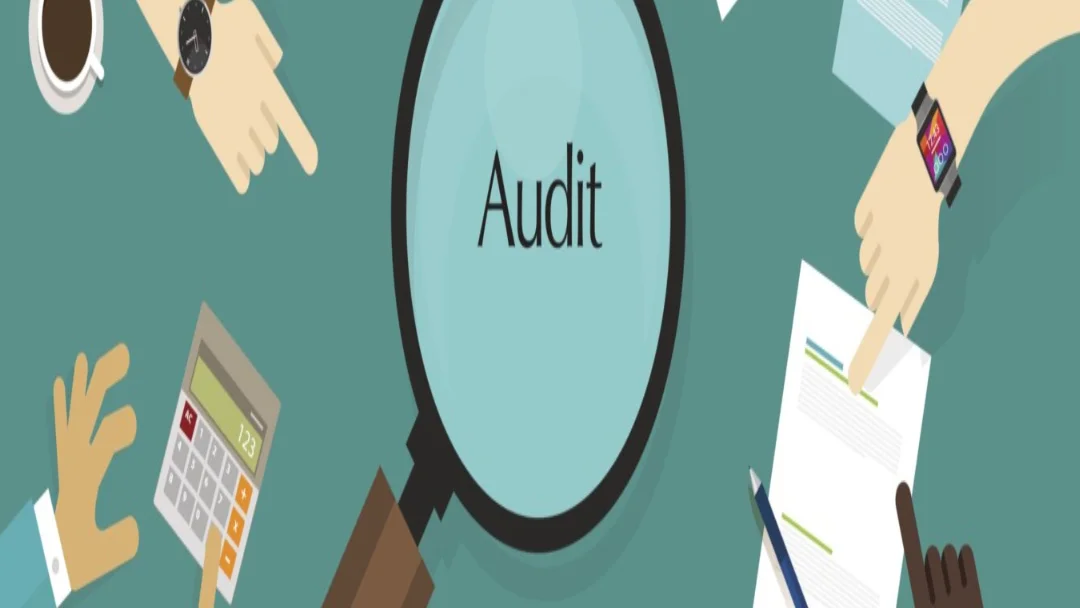The Role of External Audits in Ensuring Transparency and Trust
In today's fast-paced and interconnected world, trust and transparency are paramount in maintaining the integrity of any organization.
•
Sept. 20, 2023

In today's fast-paced and interconnected world, trust and transparency are paramount in maintaining the integrity of any organization. Whether it's a multinational corporation, a non-profit organization, or a government agency, stakeholders, including shareholders, customers, and the public, rely on accurate and reliable financial information. This is where external audits come into play. In this article, we will delve into the critical role of external audits in ensuring transparency and trust within organizations.
What Is an External Audit?
An external audit is an independent examination of an organization's financial statements, internal controls, and accounting practices conducted by a certified public accountant (CPA) or an audit firm not affiliated with the organization being audited. The primary goal of an external audit is to provide an objective assessment of an entity's financial health, accuracy of financial reporting, and compliance with relevant laws and regulations.
- Verification of Financial Statements
One of the most crucial roles of an external audit is to verify the accuracy and reliability of an organization's financial statements. Financial statements, including the balance sheet, income statement, and cash flow statement, provide a snapshot of an organization's financial health. External auditors examine these statements to ensure that they fairly represent the company's financial position and performance.
- Detection of Fraud and Mismanagement
External audits play a vital role in fraud detection and prevention. Auditors are trained to identify unusual financial transactions, inconsistencies, and potential red flags that may indicate fraud or mismanagement. By conducting thorough examinations, auditors can help organizations uncover fraudulent activities and take appropriate corrective actions.
- Assessment of Internal Controls
Effective internal controls are essential for preventing errors and fraud within an organization. External auditors assess an organization's internal control systems to identify weaknesses and recommend improvements. This evaluation helps organizations enhance their processes and safeguards against financial misstatements and irregularities.
- Compliance with Regulations
External audits ensure that organizations adhere to relevant laws, regulations, and accounting standards. Compliance is crucial for maintaining the organization's reputation and avoiding legal repercussions. Auditors review whether the organization's financial statements are prepared in accordance with Generally Accepted Accounting Principles (GAAP) or International Financial Reporting Standards (IFRS), depending on the jurisdiction.
- Enhancing Stakeholder Confidence
When an organization undergoes an external audit and receives a clean audit opinion (meaning no significant issues were found), it enhances stakeholder confidence. Shareholders, investors, creditors, and the public are more likely to trust the organization's financial disclosures, leading to increased credibility and potential for financial support.
- Improving Decision-Making
Accurate financial information resulting from external audits aids in informed decision-making. Executives and management rely on audited financial statements to make strategic choices, allocate resources effectively, and set future goals.
In conclusion, external audits play a pivotal role in maintaining transparency and trust within organizations. By providing an objective evaluation of financial statements, detecting fraud and mismanagement, assessing internal controls, ensuring compliance with regulations, and enhancing stakeholder confidence, external audits contribute significantly to an organization's overall integrity and credibility. In an era where trust and transparency are paramount, external audits serve as a critical tool for upholding these essential values.
Related

Building a Sustainable Future: The Growing Role of ESG Reporting and Audits
Sustainability is no longer just a buzzword—it’s a business imperative. Companies are being held accountable not just for their financial performance but also for their impact on the planet, people...
Read more
Navigating Growth and Change: How Advisory Services Drive Business Success
In today’s fast-paced business environment, navigating complex decisions requires expertise, precision, and a clear understanding of financial strategy. Advisory services play a critical role in he...
Read more
Embracing Global Standards: The ISSB and the Future of Sustainability Reporting
In an era defined by the urgent need for sustainability, the International Sustainability Standards Board (ISSB) has emerged as a critical player in standardizing sustainability-related disclosures...
Read more